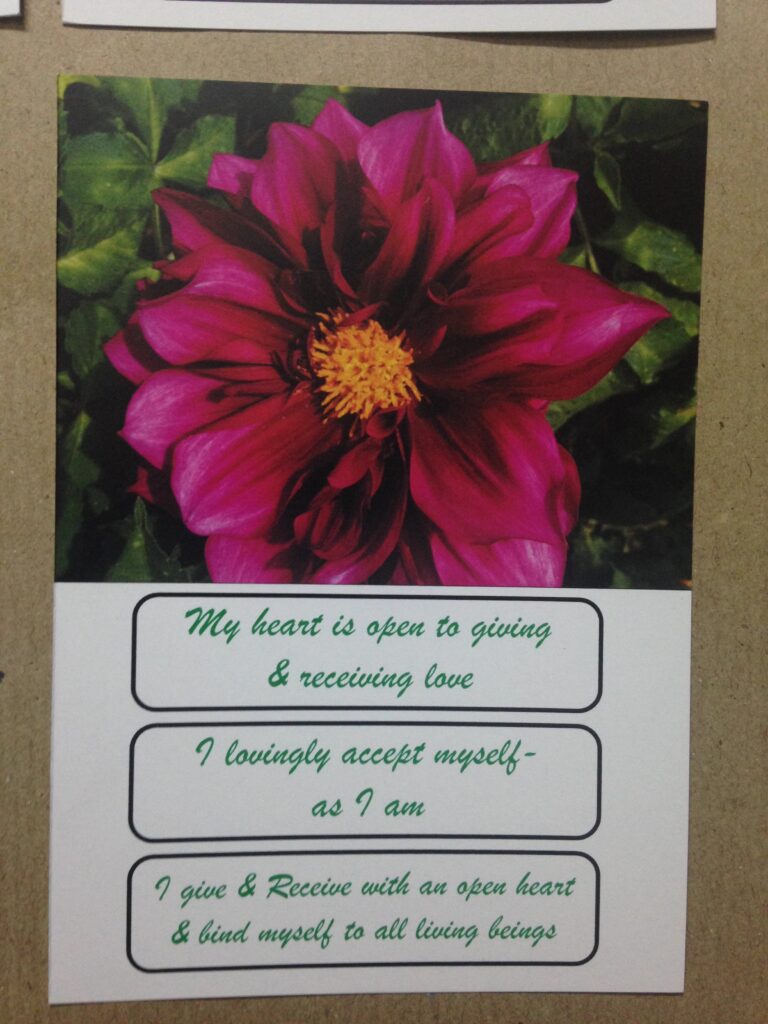6 Traits of a Great Leader in the Workplace
When we think of leadership, we sometimes think of epic moments like George Washington crossing the Delaware, or Martin Luther King Jr. speaking on the steps of the Lincoln Memorial. But what makes a leader great in a less epic venue, like work?
1. Communication
A good leader at work is a good communicator and clearly spells out expectations. Not only that, they foster good communication between their team. A great leader goes above and beyond leveraging chats, emails, and texting groups to bring their team together around workplace issues. They don’t just offer tools for networking—they help develop a sense of how to communicate effectively.

2. Empathy
A good leader in the workplace cares about their employees and shows it. Remembering the details of their lives and asking follow up questions (in a non-invasive way) about spouses, children, parents, and life events shows that they care about their employees and view them as more than just human chattel.
3. Approachability
A good leader is someone who people are not afraid to approach with a question or concern. Sometimes the office door needs to be closed. But when it doesn’t, leave it open, and maybe even have a bowl of candy or some coffee for visiting employees. They shouldn’t dread your office like they did the principal’s; they should know it’s a safe haven they can turn to for help.
4. Generosity
Everybody loves a boss who does nice things for the team, whether it’s renting a food cart for lunch or taking everyone to a movie. Bosses and managers who use rewards to motivate their team rather than threats and punishments will find they have a much more effective workforce.

5. Passion
As the captain of the team, you’ll find that leading with example is the best way to go. If you’re plugged into the mission of your company or care about what your business does, that enthusiasm will be contagious and spread to your workers. Read up regularly on your field, network at events and attend conferences to be a cutting edge player in your line of work.

6. Firmness
Nobody wants a tyrant for a boss, but they also don’t want a pushover. A good leader needs to be firm and resolute and also know when to put their proverbial foot down in a respectful way, whether it’s breaking up a water-cooler party or discussing mismanaged time with an employee. Clarify your principles and rules and stick to your guns—although per our earlier points, know when to bend the rules for extenuating circumstances.










Recent Comments